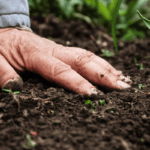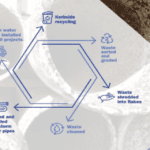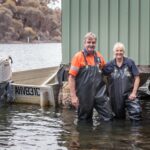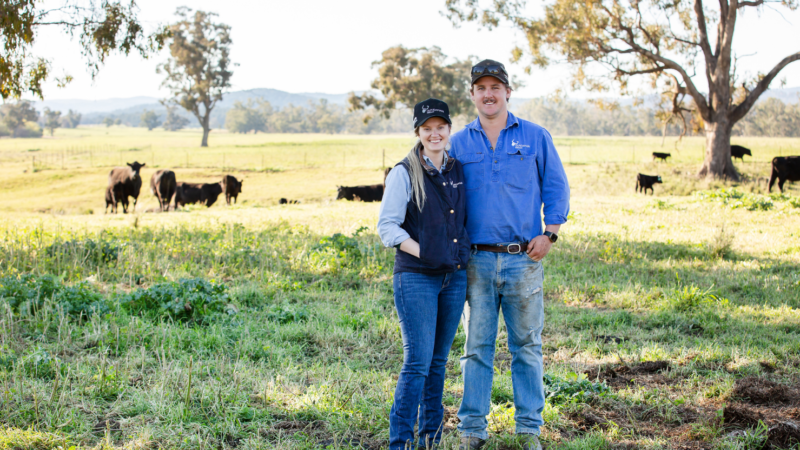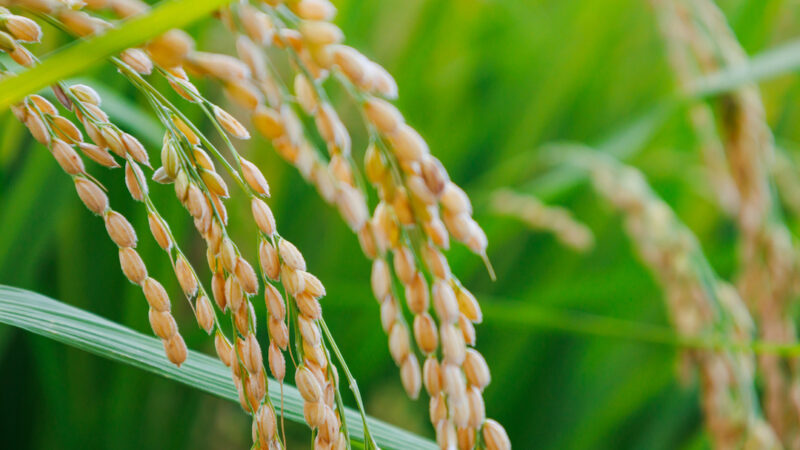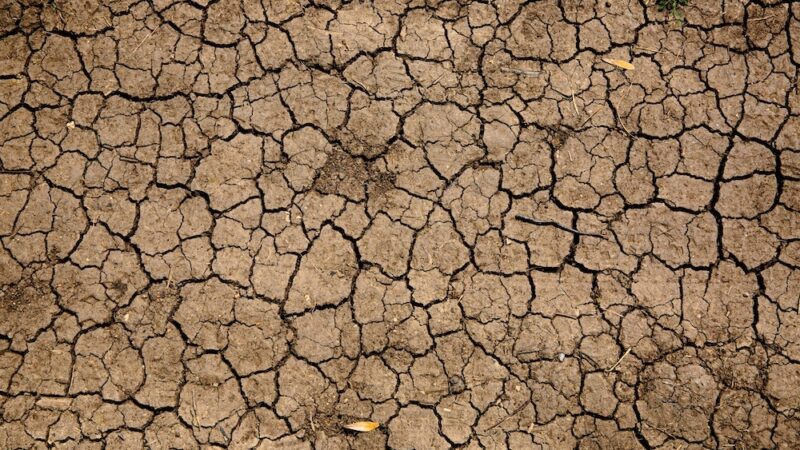It was during the Millennium drought that fifth-generation Monaro sheep farmer Charles Massy had his…
CSIRO develops biodegradable mulch
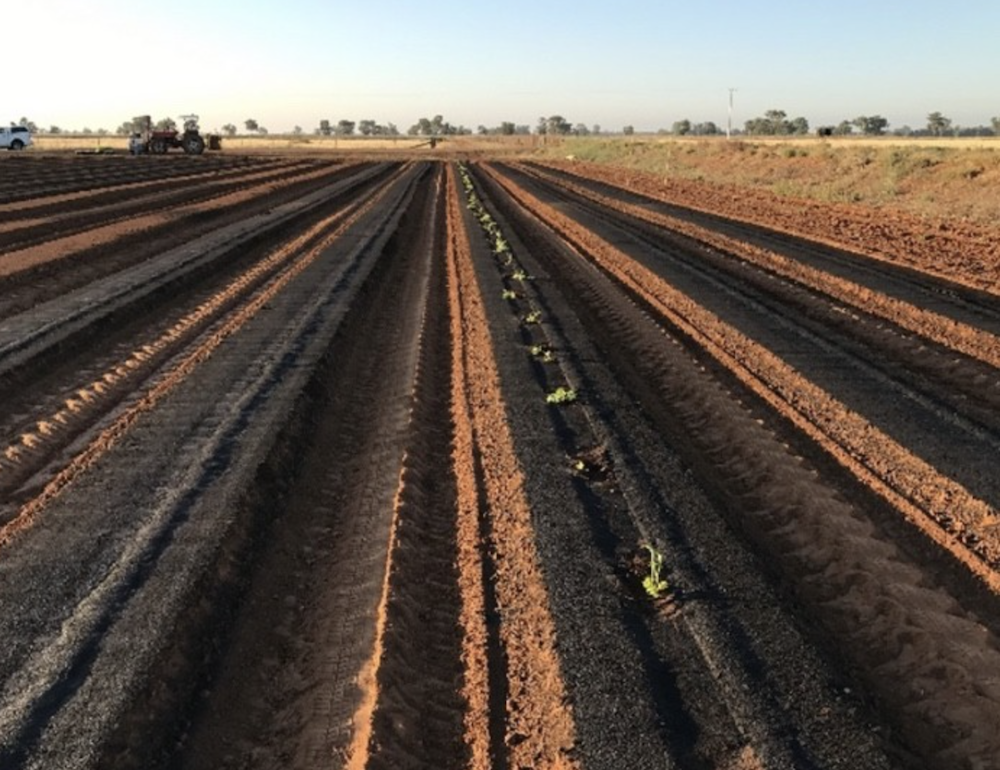
The new sprayable mulch, TranspiratiONal, is made with a special biodegradable polymer that breaks down once it has served its purpose leaving behind natural by-products such as gases, water, biomass and inorganic salts.
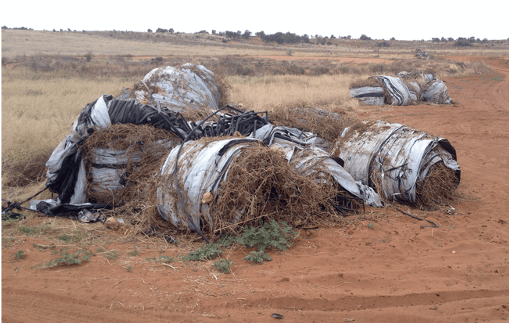
CSIRO Senior Principal Research Scientist, Dr Keith Bristow, said peer-reviewed irrigated field trials carried out between 2015 and 2018 on cotton, sorghum, tomatoes and melons confirmed a more than 30 per cent increase in water productivity compared with bare soil treatments – as well as weed suppression.
�Field trials have even shown potential to adjust the application by spraying onto the soil and up onto the stems of seedlings to create a complete soil coverage that eliminates weed growth, with no adverse impact on the seedlings,� Dr Bristow said.
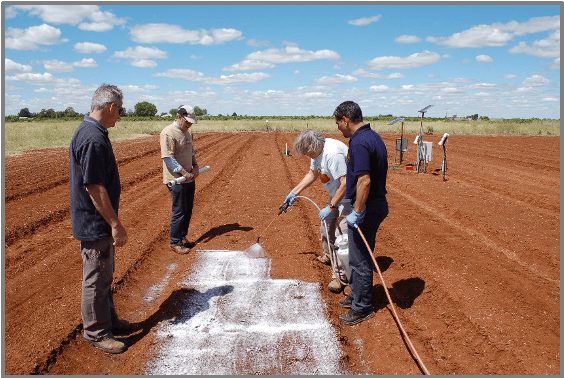
The spray-on mulch is applied either with hand-held or mechanised sprayers and is designed to cover the soil surface and the stems of seedlings to protect them from the elements.
What the world needs
“The technology delivers the benefits of plastic mulch films, but without the environmental cost,” Dr Bristow said.
“The world desperately needs a durable, cost-effective sprayable biodegradable polymer membrane technology to replace petroleum-based plastic mulch films that are damaging our soils, water systems and cropping systems.”
The CSIRO says the polymer membrane is a worthy solution to some of the globe’s biggest environmental challenges and says the solution is now ready for commercialisation.
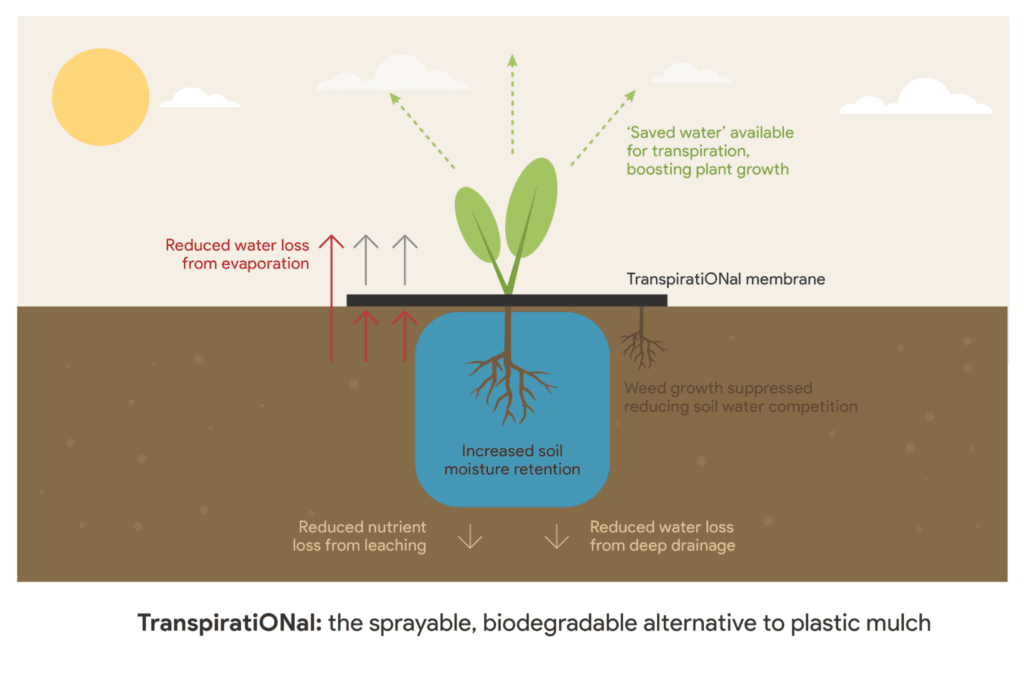
CSIRO Senior Scientist, Stuart Gordon said, �Serious contamination and soil toxicity issues from plastic mulch films have already led to enforceable regulations in Europe and the rest of the world is not far behind.�
�The SBPM Technology is a water-based polyurethane dispersion that forms a membrane when sprayed onto the soil, which will disintegrate and biodegrade, leaving no toxic residue in the soil.
�There is also the potential to be able to formulate the dispersion so the integrity of the membrane can be extended as required.�
If you enjoyed this feature, you might like our story on regenerative agriculture and soil health.
This story originally appeared on the evoke AG website.


